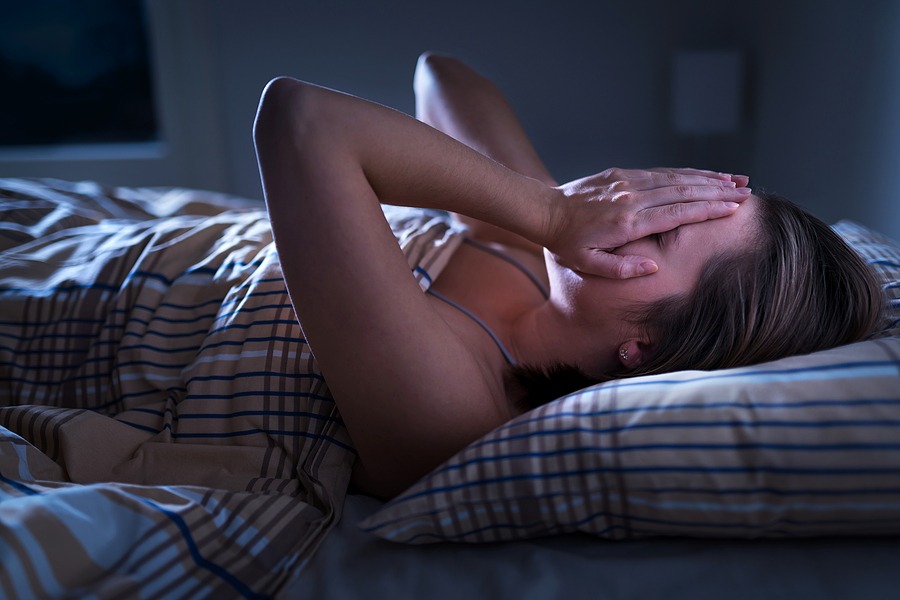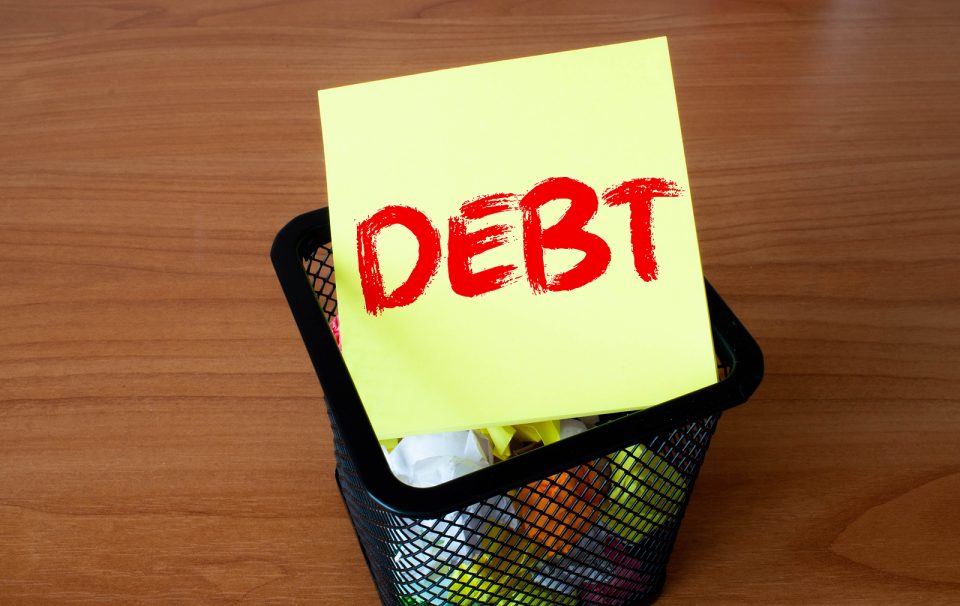
The average adult needs seven to nine hours of restorative sleep per night, although this number can fluctuate by individual. Being well-rested can greatly improve mood, overall health and well-being. However, despite the importance of sleep, a large majority of people do have trouble sleeping at some point in their lives. Sleeplessness can be caused by a variety of different life stressors, long work days, or underlying illnesses. These factors can make us tired and lead to difficulty concentrating the next day. Prolonged instances of lack of sleep, or sleep deprivation, can impact our health and lower our immune systems, making us susceptible to illness.
Sleep deprivation effects on your brain may inhibit the ability of your brain cells to communicate swiftly and effectively, making you sluggish and impeding your alertness. Your neurons can have trouble communicating.
The use of cannabis prior to bedtime is associated with reduced symptoms of insomnia, according to the data recently published in the Journal of Medical Internet Research.
Canadian investigators with McMaster University in Ontario assessed cannabis use trends in 991 subjects with self-reported insomnia. Study participants self-administered cannabis products at home and reported symptom changes in real time on a mobile software application. Investigators analyzed reports from over 24,000 cannabis-use sessions recorded over a three-year period (February 2017 through February 2020).
The researchers reported: “Results from this large naturalistic sample of medicinal cannabis users who tracked their insomnia symptoms before and after cannabis use suggest significant improvements in insomnia symptoms. … Although all strains were reported to be beneficial for the management of insomnia, predominant indica and indica hybrid strains were found to be more efficacious than were the CBD and predominant sativa strains.”
They concluded: “This general perceived improvement in insomnia symptoms highlights the potential for cannabis to be used as a treatment option for sleep disorders. Future research should investigate the benefits and harms of cannabinoids for insomnia through rigorous randomized placebo-controlled trials.”
The findings are consistent with those of a 2018 study reporting that subjects who used herbal cannabis before bedtime “experienced a statistically and clinically significant improvement (4.5 points on a zero to 10-point scale) in perceived insomnia levels.”
In a recently published placebo-controlled trial, patients who consumed sublingual cannabis-plant extracts over a two week period showed significantly reduced symptoms of insomnia and experienced improved sleep quality.



